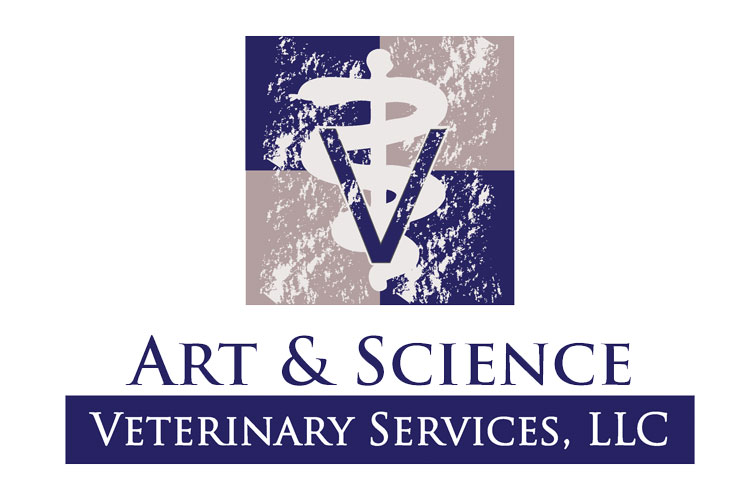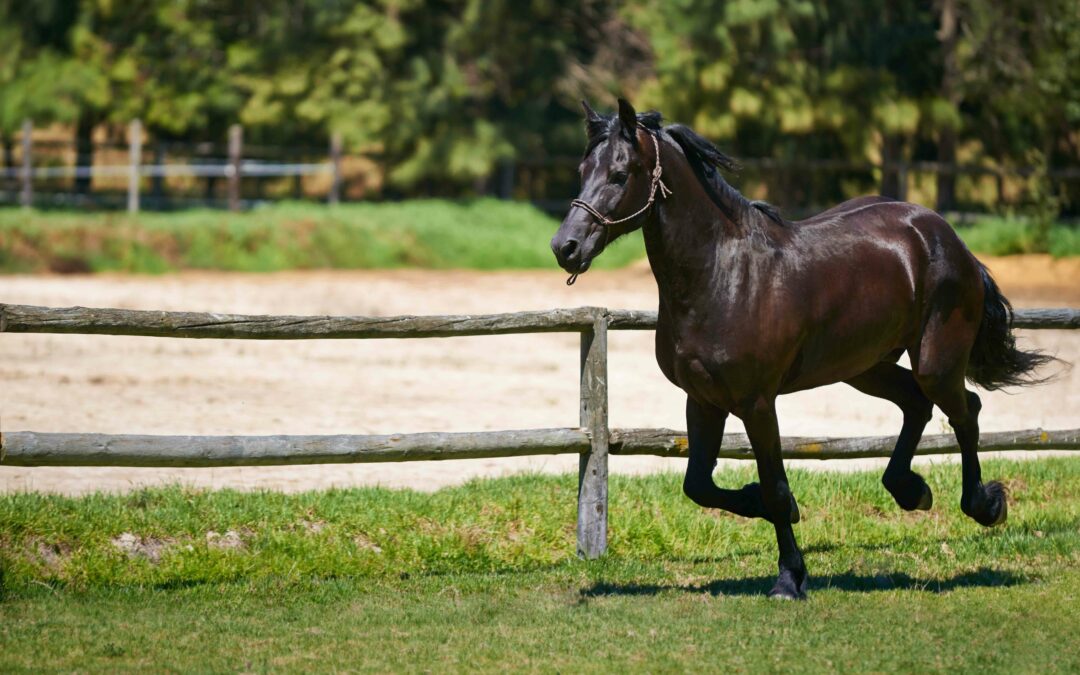Every rider, trainer, or horse owner knows the incredible commitment it takes to condition a horse for peak performance. Long hours in the saddle, balanced nutrition, regular farrier care—it all adds up. But there’s one key component of your horse’s care that’s often underestimated, and it might just be the thing that keeps your athlete out of the arena: vaccination.
Whether your horse competes in barrel racing, dressage, eventing, or trail riding, they are constantly exposed to risks that can sideline their performance—or worse. Vaccination isn’t just about meeting barn requirements; it’s about safeguarding your investment, protecting your horse’s health, and maintaining their performance edge.
Performance Horses Face Greater Risk
Performance horses don’t live in a bubble. They travel frequently, encounter unfamiliar horses, and are often stabled in shared facilities. This high level of exposure significantly increases their risk of encountering infectious diseases.
On top of that, equine athletes are under constant physical and psychological stress from training, hauling, and competing. Stress can suppress the immune system, making them more vulnerable to pathogens that might not faze a pasture pony. That means a routine illness for another horse could result in weeks of downtime or lasting complications for your athlete.
A respiratory infection picked up at a show could quickly derail an entire season of competition or training. Vaccines are a critical line of defense in keeping your horse on track and out of the sick pen.
Vaccination = Protection, Performance, and Peace of Mind
Vaccines are one of the simplest and most effective tools available to prevent disease in horses. For performance animals, the benefits go beyond avoiding illness—they directly support consistent performance and reduce the risk of interruptions to training and travel schedules.
Here’s what effective vaccination offers:
- Health Stability: Healthy horses recover faster, maintain better body condition, and tolerate stress more effectively.
- Reduced Downtime: Preventing illness avoids time off from training and competing, saving you both time and money.
- Financial Protection: Treating diseases like West Nile virus or equine influenza can be expensive and may involve hospitalization. Vaccination is a fraction of that cost.
Protecting your horse’s immune system is part of protecting their career—and their quality of life.
Key Vaccines for Equine Athletes
Vaccines fall into two main categories: core vaccines, which every horse should receive, and risk-based vaccines, which are recommended based on lifestyle, exposure, and location.
Core Vaccines
These vaccines protect against severe or fatal diseases and are recommended by the American Association of Equine Practitioners (AAEP) for all horses, regardless of activity level:
- Tetanus: Caused by bacteria in the environment, tetanus is a deadly disease that causes muscle stiffness and spasms.
- West Nile Virus: Transmitted by mosquitoes, this virus affects the central nervous system and can be fatal.
- Eastern and Western Equine Encephalomyelitis (EEE/WEE): Also mosquito-borne, these diseases cause brain inflammation and have high mortality rates.
- Rabies: A fatal disease that poses a risk to both horses and humans.
Risk-Based Vaccines
These are recommended depending on your horse’s travel schedule, exposure to other horses, and regional disease prevalence:
- Equine Influenza: Highly contagious respiratory disease that spreads quickly at shows, clinics, and boarding barns.
- Equine Herpesvirus (EHV-1 and EHV-4): Can cause respiratory disease, abortions in pregnant mares, and neurologic problems.
- Strangles: A bacterial infection that causes abscesses and swelling in the lymph nodes—especially common in facilities with frequent horse turnover.
- Potomac Horse Fever: Found in certain regions and transmitted by aquatic insects; causes fever, diarrhea, and potentially laminitis.
- Botulism and Anthrax: May be recommended in select areas or for specific circumstances.
Timing and Consistency Matter
Even the best vaccines won’t offer reliable protection if they’re not given at the right times. For most horses, core vaccines are administered annually, though high-risk situations or certain diseases (like influenza or EHV) may require semi-annual boosters.
Key Considerations:
- Show & Travel Schedule: Plan vaccines at least a few weeks before major travel or competition to allow the immune system to respond fully.
- Geographic Risk: Mosquito-borne diseases like West Nile virus are more active in late spring through fall.
- Foals, Adults, and Seniors: Each age group has specific needs. Foals need a structured vaccine schedule, while older horses may require adjustments depending on their immune status.
Talk to your veterinarian before competition season begins to ensure your horse’s vaccines are up to date and appropriately timed.
Work with an Equine Vet for a Custom Plan
There’s no one-size-fits-all vaccination schedule. The right plan for your horse depends on factors like:
- Travel frequency
- Boarding situation
- Age and health history
- Region and seasonal risk
A veterinarian who understands equine athletes will build a vaccine protocol that not only protects your horse but also aligns with your competition goals. Annual wellness exams are a great time to assess your horse’s current immunity and make any necessary updates.
Even if your horse doesn’t compete year-round, staying current on vaccines keeps them ready to perform when it counts—whether that’s next month’s show or next spring’s trail ride.
Give Your Horse a Competitive Advantage
Your horse gives you everything—speed, power, trust, and heart. Protecting that gift with routine vaccination is one of the smartest decisions you can make as a rider, trainer, or owner.
A healthy, well-vaccinated horse is more than just safe from disease—they’re reliable, resilient, and ready to perform. Don’t let a preventable illness stand between your horse and their next milestone. Make an appointment with us to build or update your horse’s vaccine plan today.



Recent Comments